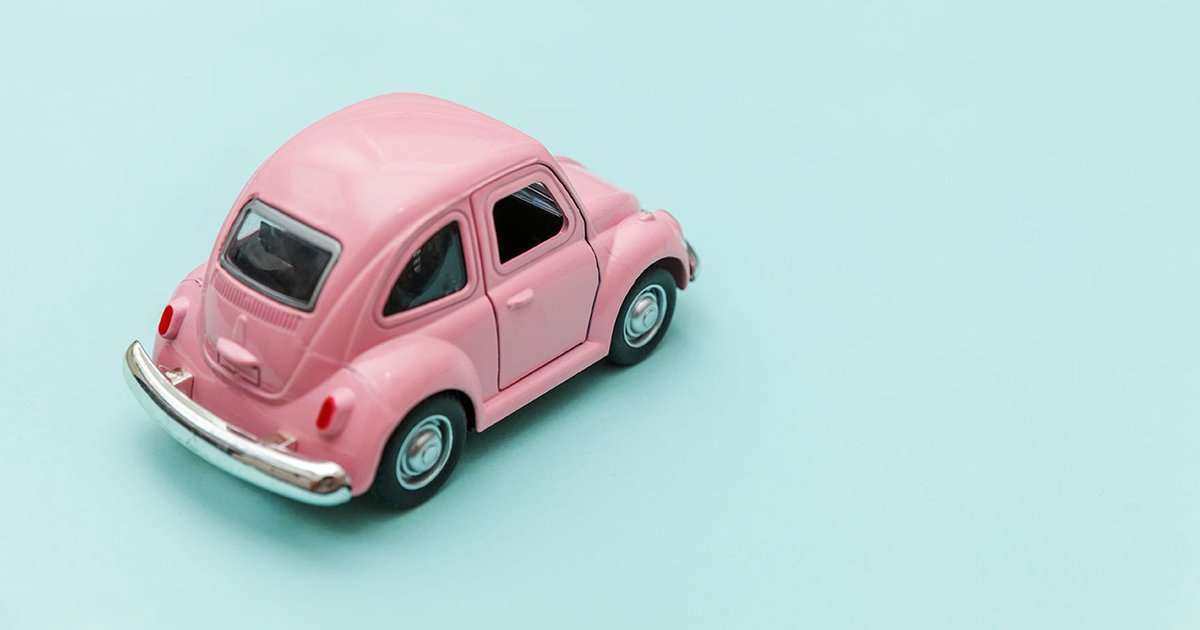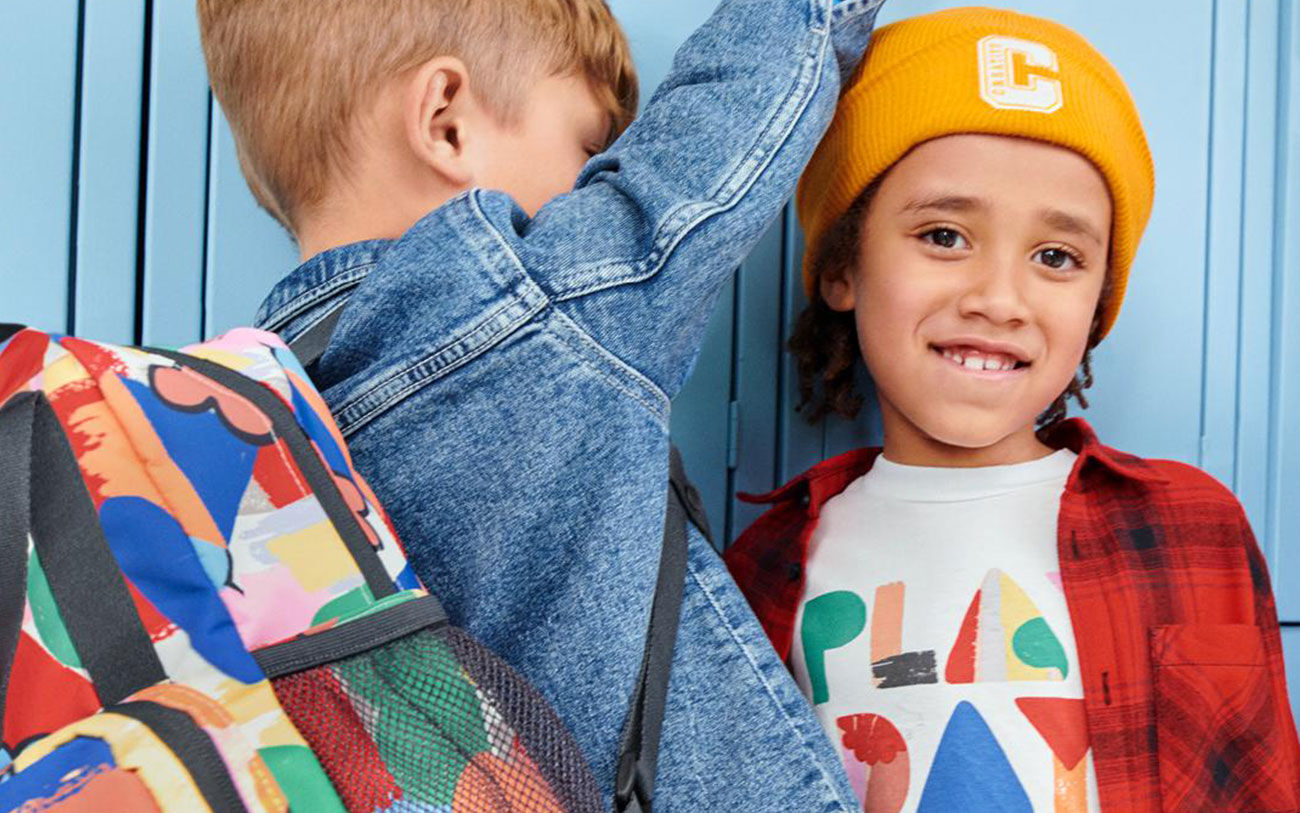‘Don’t project your shortcomings from the past onto your child’
Marjolein Berendsen, founder ZoMa Training
Today begins the Week of the HSP. Marjolein Berendsen, who Handbook Highly sensitive? Your greatest strength wrote is an HSP herself. Her daughter is also highly sensitive: “Children do not want to see parents in pain, so I make sure that my daughter does not wear anything from me.”
If you are HSP, there is a (greater) chance that your child is too. “Because my daughter and I are both highly sensitive, I notice that we feel each other so well that sometimes we don’t need words. Just looking at each other is enough. What can be difficult is that many things come in and you catch (too) many emotions. That can be difficult, but it is essential that you and your child also see the positive side of HSP! Like that you have a big heart and – precisely because of that sensitivity and empathy – you connect with others and are a good listener.”
Most beautiful version
HSPs are more attuned to minor accents in their environment and have a deeper emotional understanding. That may sound nice. But with all that sensory input, they also get easily overwhelmed. And that in turn leads to feelings of stress, anxiety and exhaustion. Marjolein Berendsen, founder, also knows this ZoMa Education and wrote the book Handbook Highly sensitive? Your greatest strength which is now in stores. With her book, Marjolein wants to inspire HSPs to follow their hearts and thus live the most beautiful version of themselves: “As a HSP you are often extremely focused on the other and inclined to please. Stop doing things you have to do – no matter how fun they are – and let moments arise that serve you. Sometimes it helps to do nothing so that you really relax. On a busy day, go for a walk after dinner, dive into the garden or listen to a podcast during the laundry that will relax you.”
Read also: How do you recognize high sensitivity in your child?
High sensitivity is not a disorder or condition, rather it is a personality trait that is estimated to be present in approximately 15-20% of the population. “Many HSPs think there is something wrong with them. They actually constantly have the idea that they are not good enough and have to try harder. But if you keep effacing yourself, your child will probably do the same later on. Try to be thankful that you have these qualities and be a curious researcher who wants to know how that sensitivity works. And do so out of genuine interest. Not because you want to fix yourself. With this you not only give yourself, but also your child what it needs.”
A present
Many HSPs think too little about what they themselves want or need. To ensure that your child does not adopt this behavior and learns to listen to their own feelings, you can take your son or daughter along in playful mini-exercises, explains Marjolein. “When I am overstimulated myself, I find it difficult to be fully there for my daughter. With a simple good grounding exercise I can check in with myself again and I can quickly connect properly again. What can also help is teaching your child when they are home with themselves, by letting them connect with themselves and feel. Such as the beating of the heart or a feeling in the stomach. Make them aware of when they are away from themselves and exhibiting extremely busy behaviors that they go please, whine or withdraw. By discovering this, they learn what they like and what they don’t. It is really a gift if they learn how to stay at their own home, while everything is happening in the area.”
Read (and listen) also: Holistic parenting: podcast with Kek Mama
Carrying emotions
As an HSP, you often feel what it needs before your child does. According to Marjolein, it is especially important not to project your own shortcomings from the past onto your child. “There is a lot of pain for a lot of HSPs. They think ‘I’m going to do it differently’ and tend to merge with their child. Teach them when they are sad to self-regulate. I myself make sure that my daughter does not wear anything from me. Kids are so loyal and don’t want to see parents in pain. I exude confidence that mom can carry anything. Also discomfort, sadness or fear. This also gives her confidence in herself. She can handle anything, including discomfort. Then we can just be there, without wanting to fix it. It is important that your child experiences the emotions and discomforts and discovers what it needs. It gives confidence and there is strength in that.”
Read the best stories, most recognizable columns and the best tips for you and your kids every month. Subscribe to Kek Mama now and get up to 45% off.



